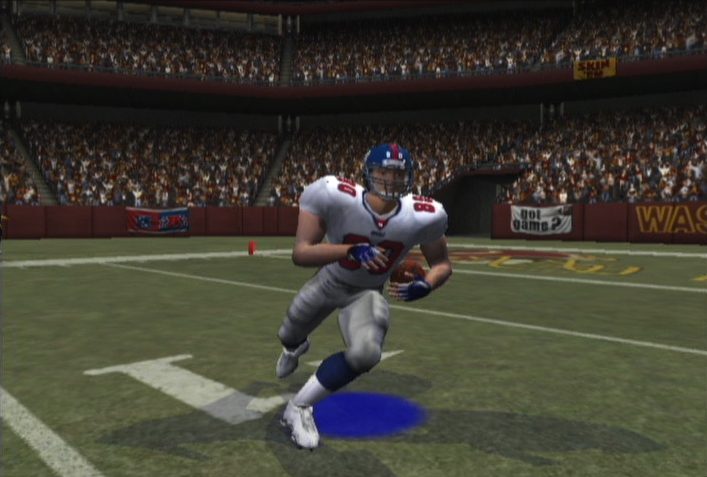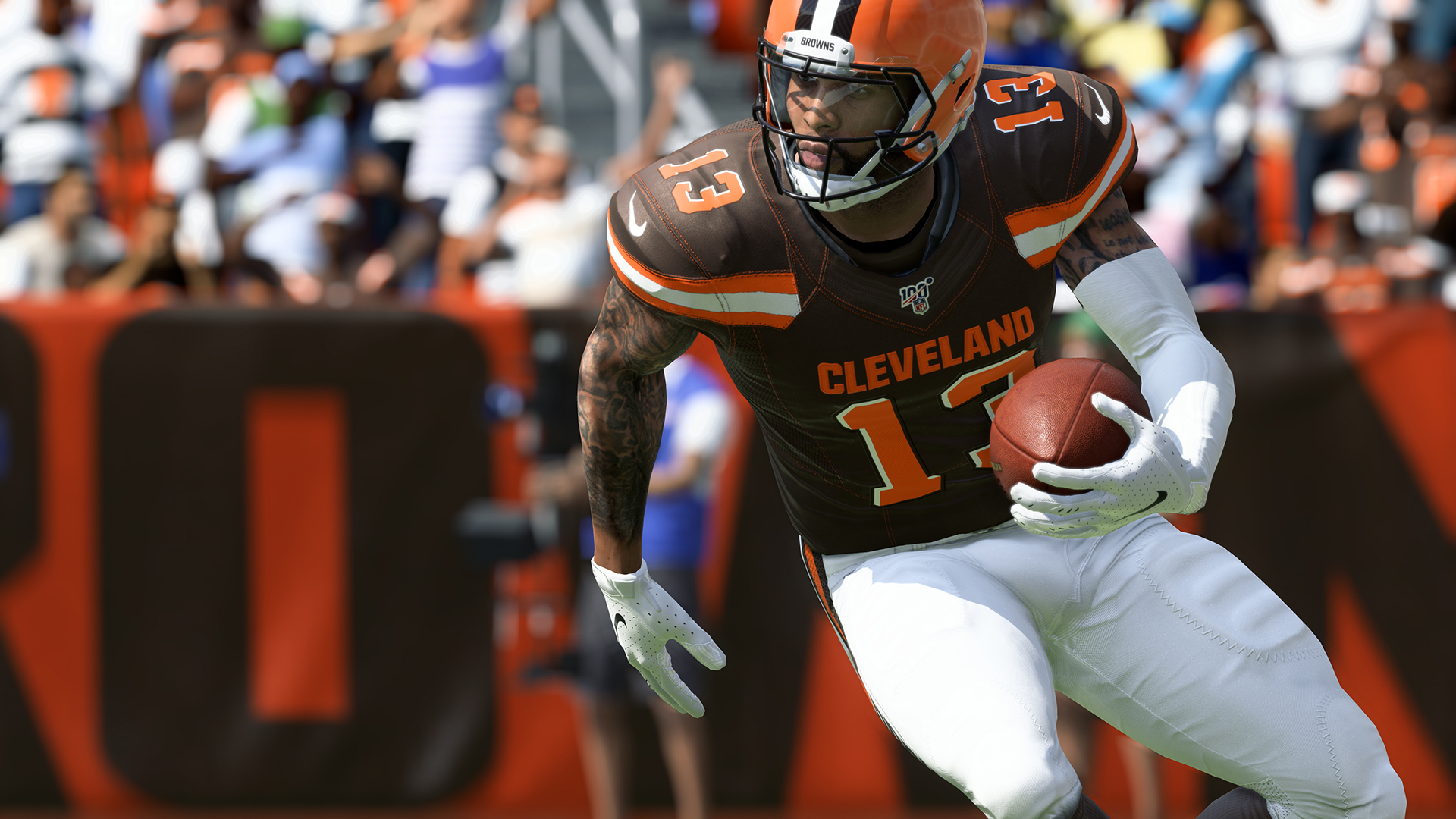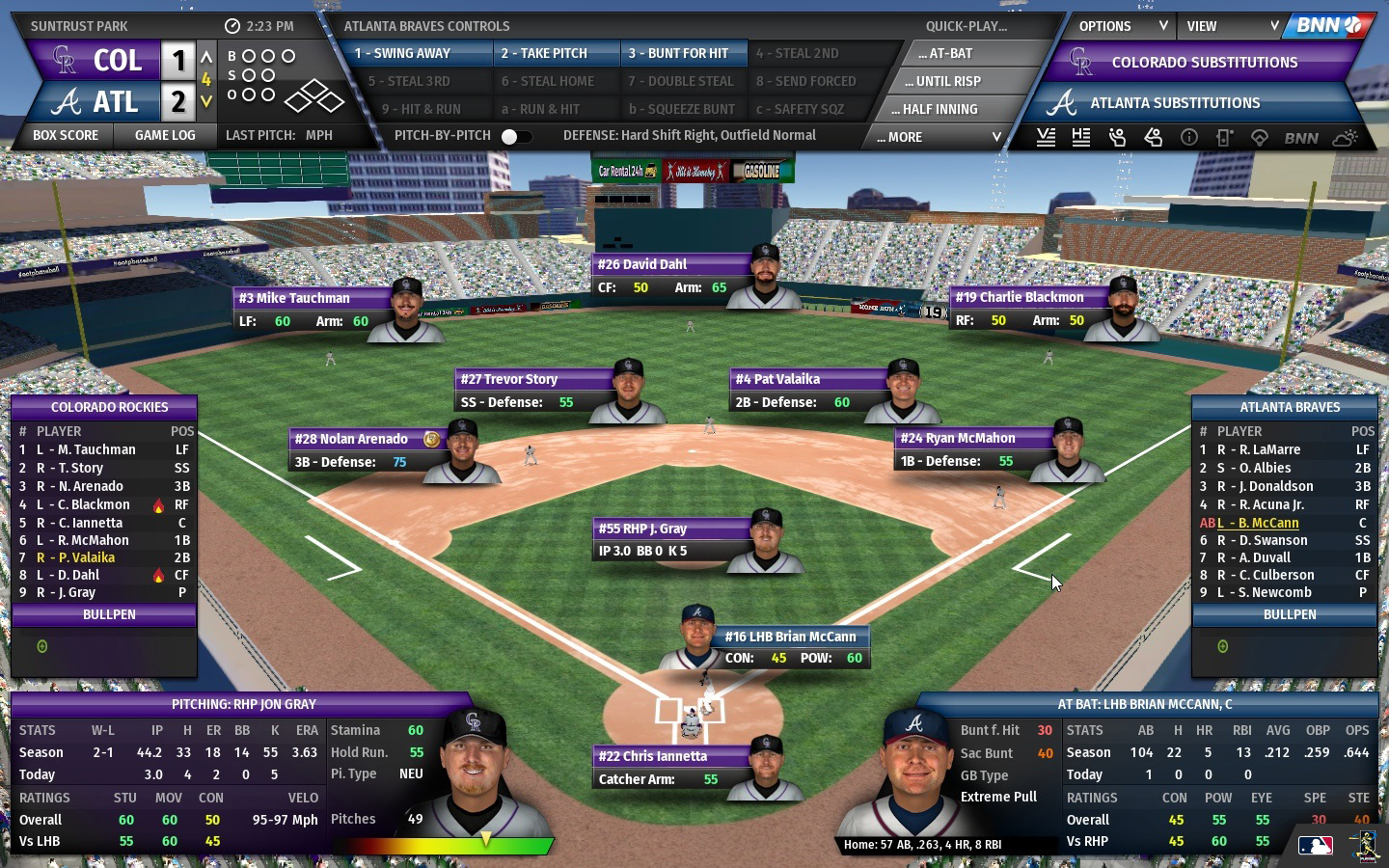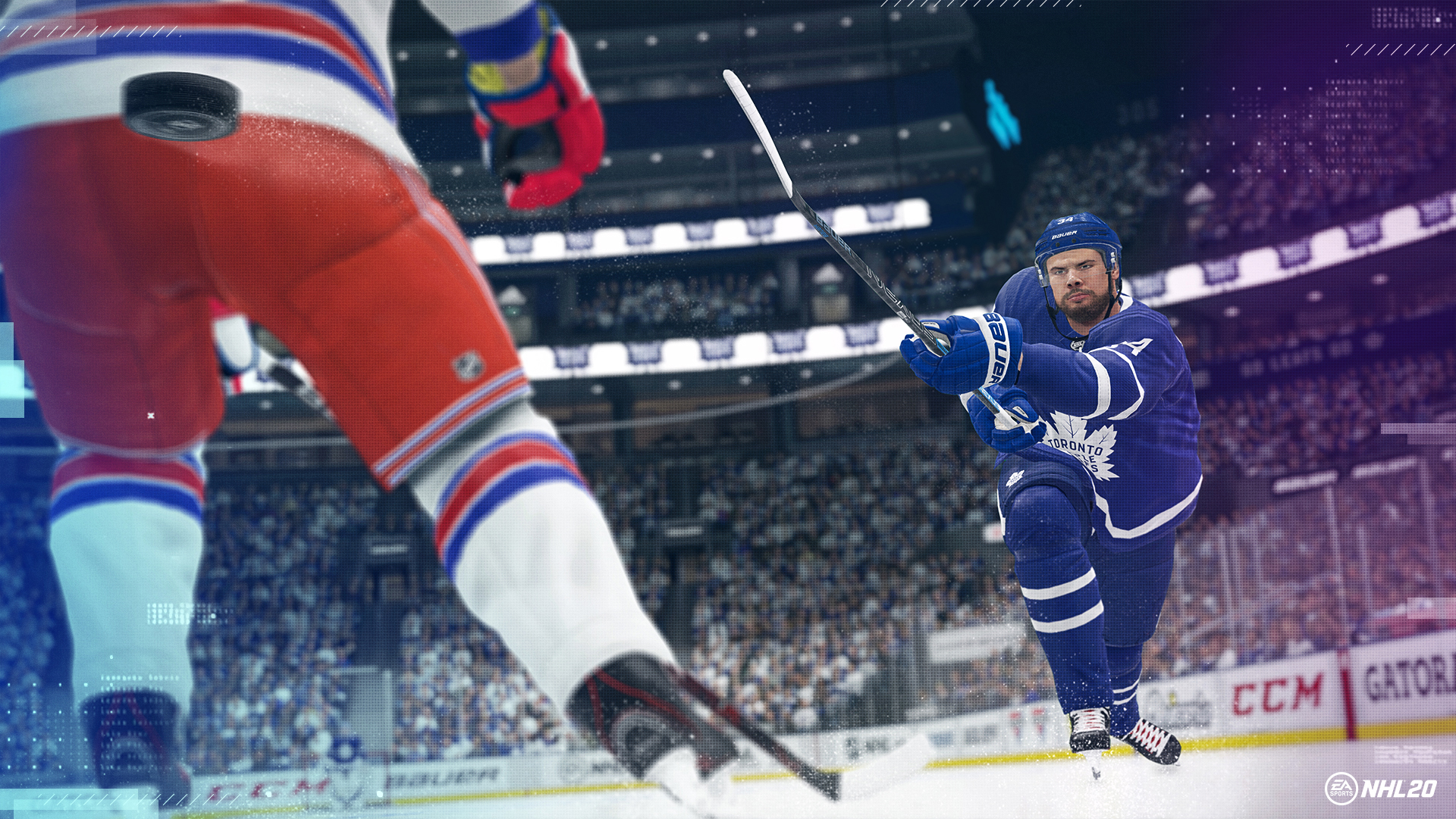For football fans, Super Bowl XLIX remains one of the more memorable championships in the history of the NFL. Played at the University of Phoenix Stadium in Glendale, Arizona, the game featured an exciting matchup between the New England Patriots and the Seattle Seahawks. Though both teams struggled to score early on, the Seahawks seemed poised to win after a late game interception gained them a 10-point lead. Of course, the Patriots wouldn’t go down without a fight. Multiple successful drives in the final quarter, as well as a historic interception by Malcolm Butler, would eventually cement the Patriots’ fourth Super Bowl title.
The game was an instant classic. Even Seahawk fans had to admit that it was entertaining—a certain controversial play amid the final moments notwithstanding. What made this Super Bowl noteworthy, however, was the fact that a subset of the fans already knew the Patriots would win. These fans didn’t have any insider knowledge. They didn’t need to compare stats, weigh potential injuries or debate perceived outcomes based on past events; no footballs were deflated during Super Bowl XLIX. And yet, some of them knew that XLIX would close with the Patriots up by four points. That Tom Brady would land four touchdowns passes and be recognized as the game’s MVP. They even knew what the final score would be—all because of a solid prediction made by EA’s yearly Madden simulation.
Using video games to predict the outcome of a major sporting event isn’t a new phenomenon. Fans have been doing this for decades with varying results. Early on, the goal wasn’t necessarily to accurately predict the winner of the Super Bowl—AI-only games in Super Tecmo Bowl helped to facilitate fun “what-if” scenarios, for instance. Things changed, however, when companies like EA started running their own simulations. The prospect of seeing how a team would fare in a big game become more appealing when the results started to mirror reality. That was certainly the case with Madden NFL 15, the title that accurately simulated the results of Super Bowl XLIX.

Credit: EA
To be fair, no one could have really known how the game would end. While EA had become known for accurately predicting Super Bowl winners—they’ve had 10 correct predictions out of 15 attempts—no one expected Madden to nail so many pertinent details, least of all the exact score. It even nearly predicted Tom Brady’s total passing yardage, off by just 7.
As the 10-5 record suggests, Madden NFL 15 wasn’t the first time EA got it right. The company actually ran its inaugural simulation 15 years ago, on Madden NFL 2004. Showcasing Super Bowl XXXVIII, that year’s Madden was able to correctly pick the Patriots over the Panthers. Since then, these Super Bowl predictions have become a franchise staple.
Brad Hilderbrand, the PR manager for EA Sports and EA Tiburon, sees it as an annual tradition. “It’s great fodder for debate and a fun way to keep the conversation going,” he explained via email. “You’ve got the fans of the ‘winning’ team bragging about how Madden says they’re going to win, while the ‘losing’ fans use it as bulletin board material to get psyched up for the game. It’s all in good fun and a cool way to be part of the conversation surrounding the year’s biggest football game.”
It’s all fun and games now, sure. But these simulations aren’t solely run for entertainment purposes. They’re also a great marketing tool. Like most annual sports sims, part of Madden’s allure resides in its ability to deliver an experience that mirrors the real thing. It would make sense, then, that someone would want to showcase this ability in every aspect of the game, especially in the parts that aren’t controlled by a player.

Credit: EA
Hildebrand backed up this theory, but the Madden team as it exists today can’t attribute this clever idea to any one person. Outside of the person’s position—he made mention that they were in marketing—Hildebrand said he doesn’t know who, specifically, got the ball rolling. Neither does Caitilin Doherty, EA’s global PR manager, but she agreed that these simulations are a great marketing tool. “We’ve been running these sims for as long as I’ve been on the team, so I am not sure where it all began,” she explained. “You’re right, though, in that it’s become a fun marketing beat that our players—and even a lot of media—come to expect from us.”
If the origins of EA’s simulations remain, for now, a mystery, the company did shed some light on how Tiburon’s process unfolds today. “For Madden, we wait until the AFC and NFC Champions are crowned,” Hildebrand explained. “The methodology is to run the Super Bowl matchup one time and record the results.” Sounds easy enough. Of course, before this happens, Tiburon collects the appropriate data from each team. “The Madden team [utilizes] the latest rosters and player ratings, which are updated weekly throughout the regular season and playoffs.”
The process is mostly a hands-off affair. After the simulation is run, Tiburon edits the prediction video, emphasizing the highlights while adding visual flare, but it doesn’t alter the events of the game itself. This is because they don’t have to, thanks to all the data the developers include in the game. Hildebrand expressed how being able to update rosters in real-time, for instance, has mades it possible for the team to mirror real life. “We could better reflect players and teams that were making an impact in the playoffs and who were primed to have a breakout game.” Their constantly evolving game engines and internal systems helped in this regard. Madden’s AI would act the part while taking into account each player’s stats to produce a feasible prediction.

Credit: EA
Again, it sounds simple enough. Find out which teams are going to the Super Bowl, collect as much information about them as possible, use a sophisticated game engine to create a realistic simulation, and boom. You’ve got a strong pick for any given Super Bowl. Due to the success rate of Madden’s predictions, EA turned to its other properties to produce the same type of results in their respective sports. FIFA, for instance, was able to accurately predict the last three World Cup winners, starting with Spain in 2010 and ending with France last year.
Each development team has a slightly different process for running simulations. Doherty highlighted these differences when talking about EA Vancouver. “For the NHL, we simulate from the beginning of the playoffs once all the teams have been locked into a playoff spot. From there, we simulate the entire playoffs. We run our simulations dozens of times (one year, the simulation was run 112 times) and identify common results and patterns before selecting the possible plausible outcome based on our engine.” For the most part, the team hasn’t meddled with the results, only tweaking things based on stats, she explained. “If we notice that there’s a superstar player that tends to trail off in performance during the playoffs every year, maybe we adjust his ‘Offensive Awareness’ rating so that the next time the engine runs a sim it has a truer-to-life prediction.”
Though EA has been providing predictions for some time now, their titles aren’t the only game in town. The developers working on Out of the Park Baseball (OOTP)—a menu-based baseball sim—have been running their own MLB simulations for years. They were able to step things up, however, when they started picking the correct World Series winners.
To better understand how the game was able to choose the right teams, I spoke with Out of the Park Developments’ CMO, Richard Grisham. He detailed the work that goes into making such predictions. “We’ve been doing our own predictions and simulations for years, even before I joined the company four years ago,” Grisham said. “The big change [came] when I saw an opportunity to really push the envelope and run the simulations 1,000 times to generate a really, really solid prediction.”
Accurate baseball predictions are tough to make, considering all of the changes that can occur during a season. Richard explained how pitching rotations, lineups and rosters are changing right up until game time—hence the multiple simulations. “We had to come up with a unique approach. We use tools that we have in OOTP—specifically our Simulation Module, which is available to anyone who has the game, [complemented] with some other internal development tools to execute the full simulations 1,000 times.” From there, the team tallies up all of the metadata to see who comes out on top. “We include everything—the number of times teams win divisions, playoff rounds, and so on—to put the whole prediction set together. So, for example, if the Boston Red Sox win the World Series the most times out of 1000 sims, that becomes our official predicted World Series winner.”

Credit: Out of the Park Developments
OOTP’s simulations aren’t just about running the numbers. The game’s engine had to be able to use that information in an authentic fashion. This has led to the engine being adjusted and tweaked over a span of 20 years. On the surface, that meant OOTP would become one of the most realistic sports sims ever, which actually became the game’s main selling point. “We knew we had something that literally no one else could do,” Grisham said. “So, we set out to promote it, since realism and authenticity are at the core of what sports game players demand.”
All of this hard work would eventually pay off. Besides being able to provide realistic simulations, OOTP was also able to predict the correct World Series winners live on the MLB Network twice. “We’ve been building relationships with Major League Baseball since we became a license back in 2016, and those relationships led to some conversations which yielded the predictions.” He goes on to give MLB Network a ton of credit, stating that “they thought that it would be an interesting complement to their programming, and saw that we had a strong track record. We were delighted to be able to partner with them.”

Credit: EA
There’s a symbiotic relationship between wanting to accurately predict championship winners and sports titles becoming more accurate simulators all-around. But despite EA wanting to replicate their accurate prediction strategy for all of their sports games, Hildebrand said he doesn’t believe that the developers were pressured into following Tiburon’s footsteps. He felt that each team ultimately decided to do these simulations on their own. “I think once the teams were confident that their simulations closely mirrored the real sport and the results were realistic, they started looking into [promoting them] on their own.” He went on to explain how the teams were proud of their predictions. “People work incredibly hard to make teams and players behave and feel like their real-world counterparts, so the simulations can be a fun test to see how closely our games line up to the real world.”
Marketing tool or not, the developers of these games seem to enjoy running these annual simulations. They’re fans, too, and are probably just as excited to see their predictions come true as everyone else. Though its predictions might have started as a means of distancing itself from other MLB titles, OOTP’s annual event has become a celebration of sorts. Grisham told me that, from his perspective, the team is just having fun. “I am so thrilled; everyone at the company is. It’s always exciting to see your game ‘up in lights’ on the MLB Network. It never gets old!”

Kenneth Seward Jr. is a writer, editor, and illustrator who covers games, comics, and movies (with words at IGN, UploadVR, Fanbyte, etc.). He enjoys punching blocks filled with magical mushrooms, blasting zombies, and playing footsie with strangers named Ryu. Follow him @Kennyufg.